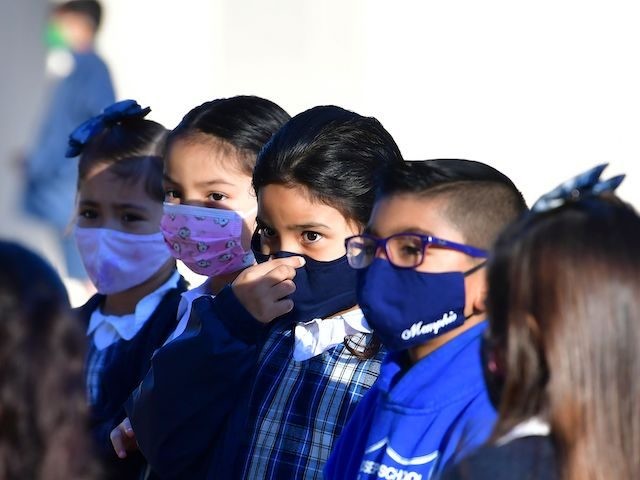“Experts” are now doubting the United States will ever be able to reach herd immunity in regards to the Chinese coronavirus, according to a report from the New York Times, which concluded the virus is “here to stay.”
The New York Times, in a Monday report, cited a “widespread consensus among scientists and public health experts” who believe the herd immunity threshold is “not attainable — at least not in the foreseeable future, and perhaps not ever.”
Rather, they say the virus will stick around, becoming something the U.S. manages, though it remains unclear what the immediate ramifications of that mindset are, whether it be extended universal masking or continued social distancing.
“The virus is unlikely to go away,” Rustom Antia, an evolutionary biologist at Emory University in Atlanta, told the Times. “But we want to do all we can to check that it’s likely to become a mild infection.”
The Times also spoke to Dr. Anthony Fauci, who last year gradually shifted the goalposts of reaching herd immunity, moving from 60-70 percent to over 80 percent.
“People were getting confused and thinking you’re never going to get the infections down until you reach this mystical level of herd immunity, whatever that number is,” he said.
“That’s why we stopped using herd immunity in the classic sense,” Fauci added. “I’m saying: Forget that for a second. You vaccinate enough people, the infections are going to go down.”
“If the herd immunity threshold is not attainable, what matters most is the rate of hospitalizations and deaths after pandemic restrictions are relaxed, experts believe,” the outlet reported, pitching vaccines as the best way to move forward.
According to the Centers for Disease Control and Prevention (CDC) May 2 data, over 104 million Americans have been fully vaccinated, comprising 31.6 percent of the U.S. population.
However, despite the progress on the vaccine front, blue-state officials are reluctant to lift key restrictions, such as statewide mask mandates, despite the fact that red states, Texas and Florida for example, for weeks have reported fewer new cases of the virus per capita than pro-mask states such as Michigan, Pennsylvania, and New York.

COMMENTS
Please let us know if you're having issues with commenting.